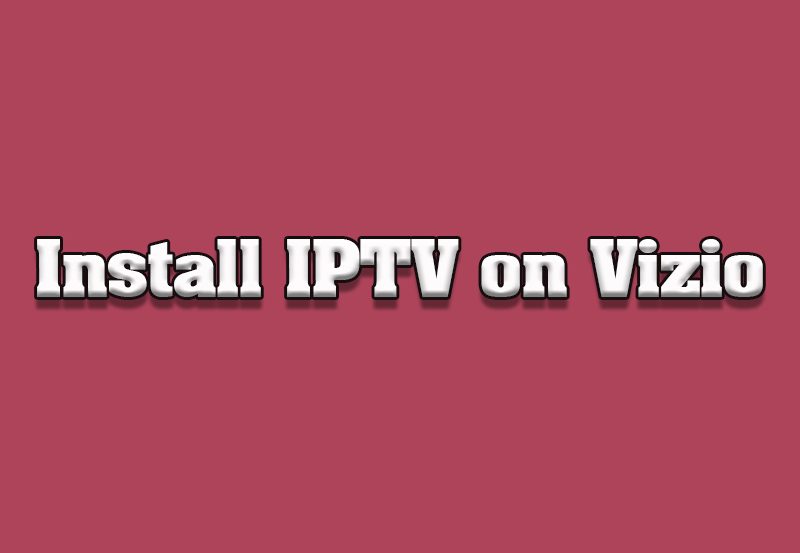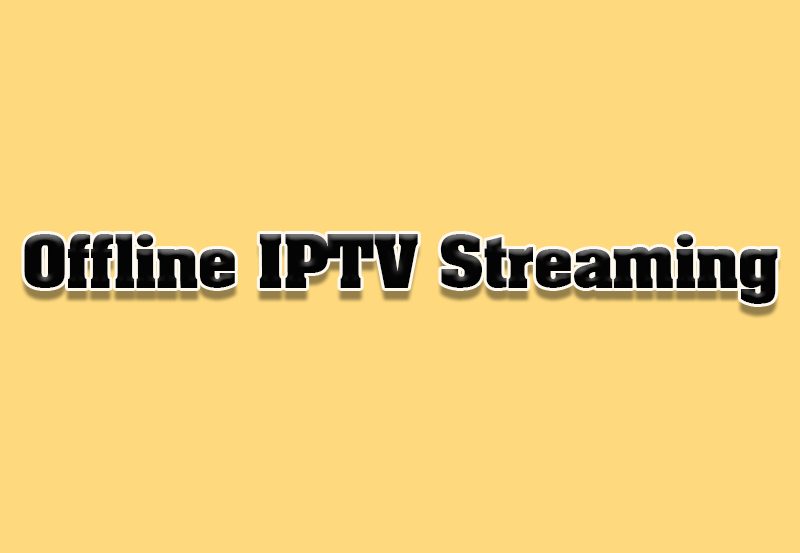In an ever-evolving digital landscape, staying connected to the world around us has become more manageable, even when we’re far from home. Whether you’re camping under the stars or boondocking in a serene, off-grid location, the urge to catch up on your favorite shows or the news of the day can be irresistible. IPTV (Internet Protocol Television) provides an excellent solution for accessing television services over the internet, making it possible to enjoy quality TV even in the most remote settings.
Understanding IPTV: A Brief Overview
IPTV represents a shift away from traditional broadcast methods, providing users with the convenience and flexibility of streaming content directly through internet networks. It’s essential to understand the basics of IPTV before diving into the more technical aspects of setup, especially when away from standard facilities.
What is IPTV?
In simple terms, IPTV refers to delivering television services over IP networks. Unlike satellite or cable television, which relies on broadcast signals, IPTV uses the internet to stream content directly to a given device. This method often results in higher video quality and more reliable service, mainly when local broadcasting conditions are less than ideal.
Pro Tip:
Stream live sports and entertainment seamlessly with Top IPTV subscriptions for unparalleled quality and performance.
Why Choose IPTV?
Choosing IPTV over traditional television services offers various benefits. These include:
- Increased accessibility to a broader range of channels, including international options.
- More control with on-demand services and the ability to pause, rewind, or record shows.
- A potential reduction in cost due to customizable IPTV bundles that suit individual needs.
Essential Equipment for IPTV Setup
To successfully set up IPTV while camping or boondocking, you’ll need some essential equipment. This section explores what you’ll need to ensure a seamless streaming experience, even in remote areas.
Choosing the Right Device
The first step in setting up IPTV is selecting the suitable streaming device. Whether you prefer using a portable laptop, a dedicated streaming box, or a smartphone, consider the following options:
- Laptops and Tablets: They offer large screens and adequate performance for streaming.
- Smartphones: Convenient for solo campers who want less hassle.
- Dedicated Streaming Devices: Devices like Roku or Amazon Fire Stick often provide better performance.
Reliable Internet Connection
A stable internet connection is crucial for IPTV services. There are several ways to maintain connectivity while on the road:
- Mobile Hotspots: Utilize your smartphone’s hotspot feature or separate devices.
- Wi-Fi Extenders: Boost weak signals from nearby sources.
- Satellite Internet: A pricey but reliable option for remote locations.
Step-by-Step Guide to Setting Up IPTV in the Wild
Once you have your equipment ready, it’s time to set up your IPTV. Below is a detailed guide tailored for enhancing your camping or boondocking experience with IPTV.
Step 1: Connect Your Device to the Internet
Ensure your device is connected to a stable internet connection. This might involve setting up your mobile hotspot or connecting to available Wi-Fi networks. For reliable connections, regular checks and tests of internet speed and stability are advised.
Step 2: Selecting an IPTV Service
After you’re connected, the next step is choosing an IPTV service provider. It’s crucial to go through IPTV reviews to understand different offerings and ensure the selected package aligns with your needs. Opt for providers offering trial periods, as they help in assessing service reliability and content variety.
Step 3: Configuring Your IPTV App
With a service provider in place, it’s time to download and set up the IPTV application on your device. Most IPTV services offer detailed setup guides or customer support to assist in configuring these apps for optimal performance.
Optimizing Your IPTV Experience
Bringing IPTV into your camping experience isn’t just about setting it up but also about ensuring the broadcast quality is high and services are tailored to your preferences. Let’s delve into enhancing your IPTV setup.
Enhancing Video Quality
An overlooked aspect often is video quality. Ensuring the best settings within your IPTV app is vital. Look for features like resolution adjustments, compression settings, and bandwidth optimizations. In this way, you can make an informed step up to better TV quality today.
Curating Content Libraries
Another way to optimize your IPTV use is by curating which channels and shows are easily accessible. Tailoring your content library saves data and time, streamlining the overall viewing experience.
Data Management Tips
Finally, given that internet resources in remote locations can be limited, managing data usage is key. Set limitations on streaming quality or usage hours, and ensure you are maximizing what is available to you effectively.
The Joy of IPTV and Nature
Experiencing nature doesn’t mean disconnecting from modern comforts entirely. IPTV has redefined the way we view entertainment while camping, offering seamless integration between the natural world and technology. Embrace the journey, blend entertainment with tranquility, and make each camping trip memorable with these insights.
Frequently Asked Questions About Camping with IPTV

-
What are some recommended IPTV bundles for campers?
Several IPTV providers offer customizable bundles suited for campers, including access to both live TV and on-demand content. Look for packages designed with mobile connectivity in mind, often highlighted in IPTV reviews.
-
Do I need a separate data plan for using IPTV while camping?
It is recommended to have a dedicated data plan, especially if relying on mobile hotspots. Data consumption can escalate quickly with TV streaming, so a plan offering generous data limits could be beneficial.
-
What steps can I take to improve streaming quality in remote areas?
Options include using Wi-Fi extenders, investing in a high-quality mobile router, and setting lower resolution settings on your IPTV app to preserve bandwidth without sacrificing too much on quality.
-
How can I ensure my IPTV service works well off the grid?
Before heading off-grid, test your configuration in varying conditions, download some shows if IPTV supports it, and have a backup entertainment option in case of connection failures.
-
Can I use IPTV without internet access?
No, IPTV requires an active internet connection to stream content. Pre-downloading content for offline viewing is a workaround available with certain services or during Wi-Fi availability.
Streaming On-the-Go: Android TV Box vs. Amazon Fire TV Stick





